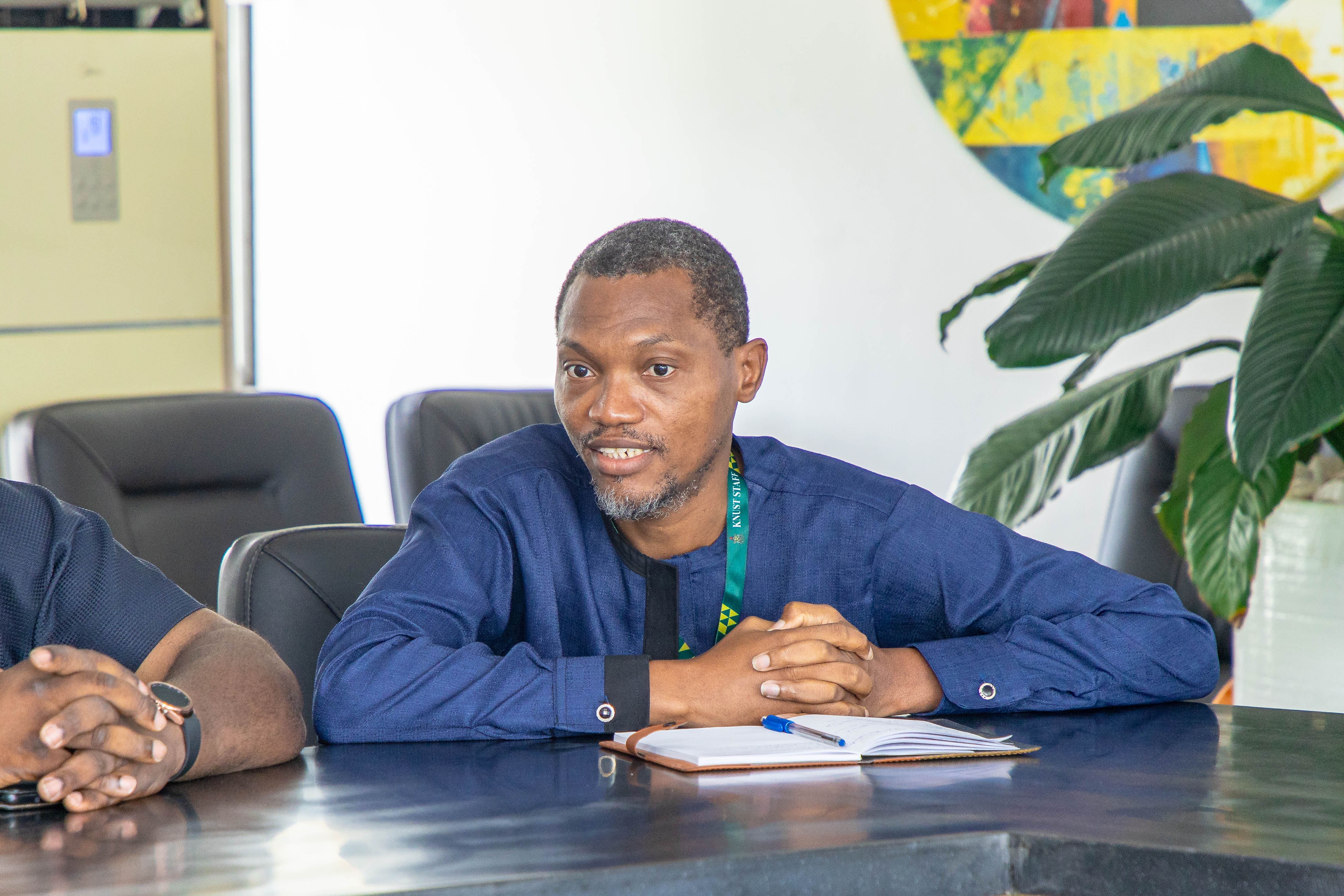Dr. Henry Martin, Coordinator for Mathematical and Computational Physics (MCP) Unit, Department of Physics, at the Kwame Nkrumah University of Science and Technology (KNUST), Kumasi has been selected as one of the speakers for the 2025 Africa Regional Conference & Exhibition on Education and Skills Development (Arc-Eds) from 5th to 7th August 2025 at the Accra International Conference Centre.
As part of the International Year of Quantum Science and Technology (IYQ 2025) and under the auspices of UNESCO, the ARC-EDS will host a landmark Global Celebration of Quantum Science and Technology.
Dr Martin will make a presentation on the topic: ‘‘The State of Quantum Science & Technology (QST) in Ghana: Addressing the Quantum Divide and Ensuring Inclusiveness for All Through the SDGs’’
This groundbreaking conference will bring together world-leading quantum scientists, policymakers, educators, and industry pioneers to explore how quantum technologies can fuel entrepreneurship, job creation, and economic growth. Through knowledge-sharing, skill-building, and strategic collaborations, Quantum Africa 2025 will set the stage for Africa’s quantum revolution.
The Africa Regional Conference & Exhibition on Education and Skills Development (ARC-EDS) is a premier platform driving innovation, policy transformation, and industry-academia collaboration in education and workforce development across Africa. An initiative of ESDEV Foundation Africa, ARC-EDS serves as a dynamic convening space where educators, policymakers, industry leaders, researchers, and development partners engage in high-impact dialogue, knowledge-sharing, and solution-driven partnerships.
At the core of ARC-EDS is a commitment to equipping Africa’s youth with future-ready skills, fostering entrepreneurial mindsets, and strengthening technical and vocational education and training (TVET) as a catalyst for economic growth and job creation. Through thought-provoking panel discussions, hands-on workshops, immersive exhibitions, and capacity building sessions, ARC-EDS drives tangible action towards an inclusive and sustainable education ecosystem.
Dr. Henry Martin is a Lecturer in the Department of Physics at KNUST and a Research Fellow at the National Institute for Mathematical Sciences (NIMS-GH). He coordinates the Mathematical & Computational Physics Unit and serves as Local Coordinator for the Interdisciplinary Mathematics Network (RealMaths Consortium).
He also leads the MSc Physics programme under the Institute of Distance Learning and is the Department’s Postgraduate Coordinator. Dr. Martin holds a PhD in Scientific Computing & Industrial Modelling from KNUST, with research exchange at the University of L’Aquila (Italy) and a visiting position at the University of Oulu (Finland).
His academic journey includes training at institutions in Germany, Italy, and the University of Rome 'La Sapienza'. His research focuses on digital twin approaches to real-world problems through multiscale Multiphysics modelling (DFT, MD, MC, FE), machine learning, and statistical analysis. His work spans water systems, aerodynamics, renewable energy, and materials science.


















